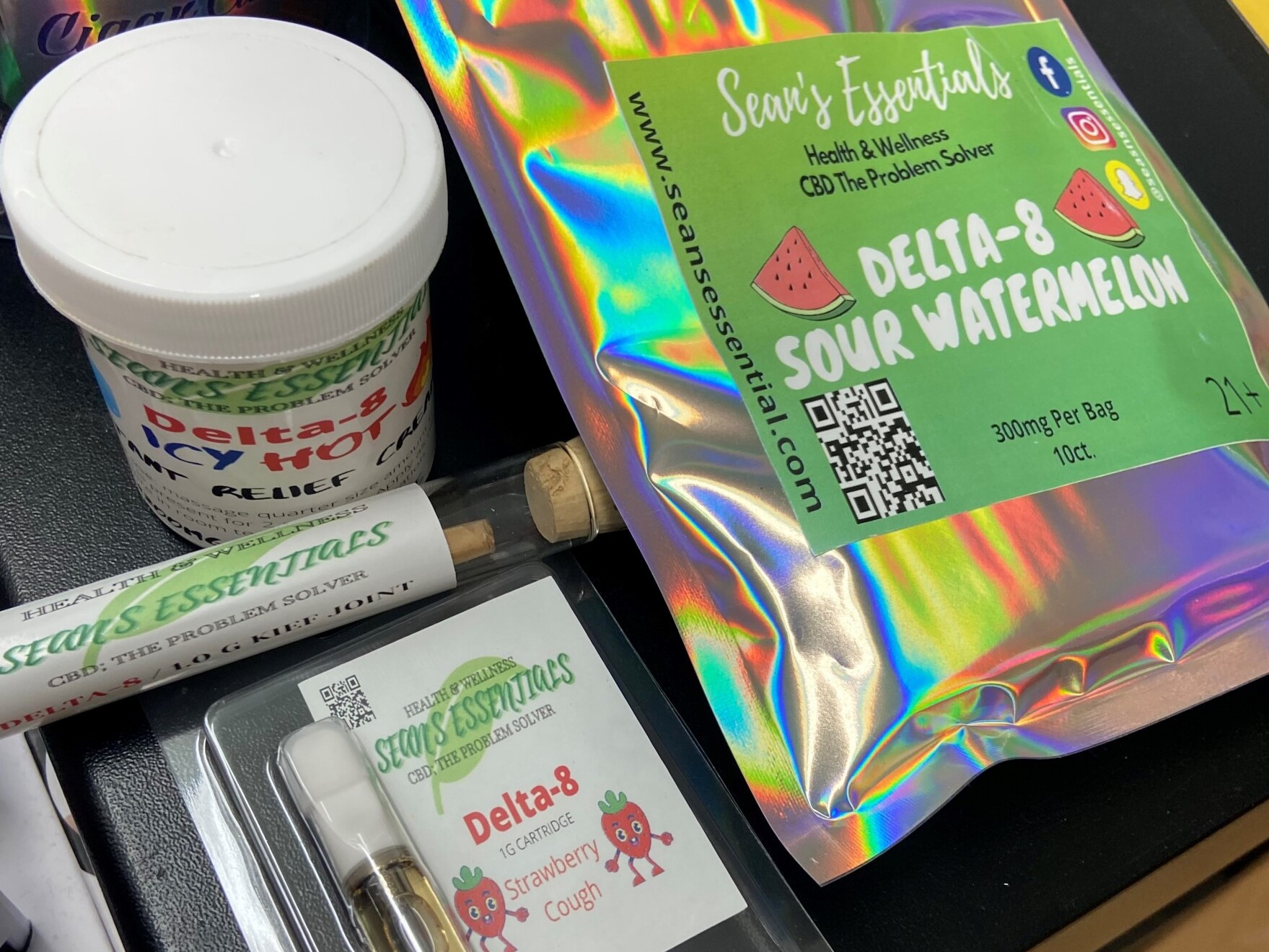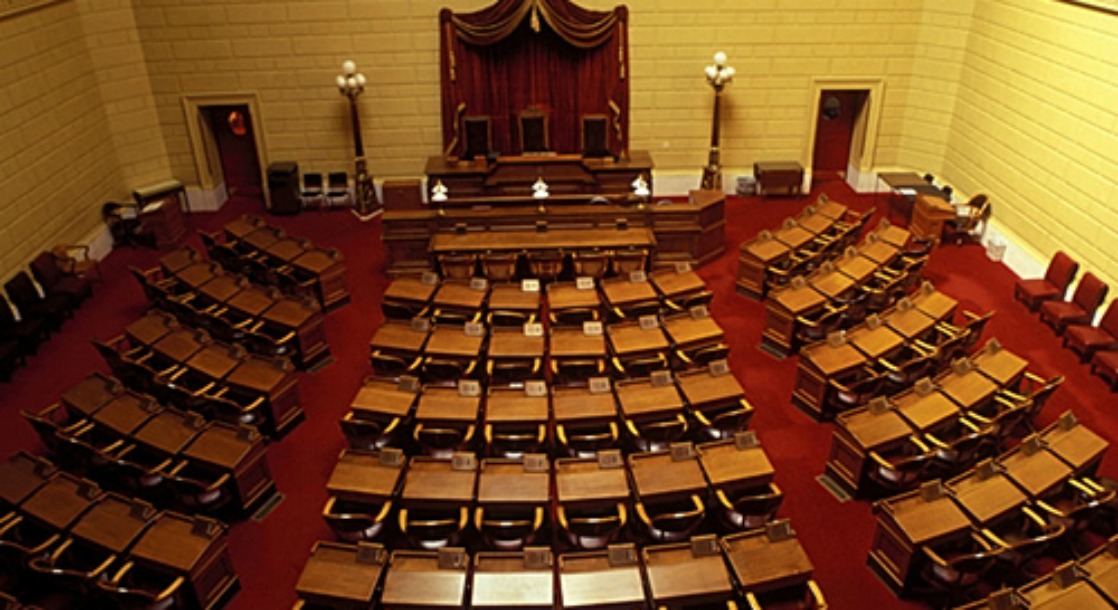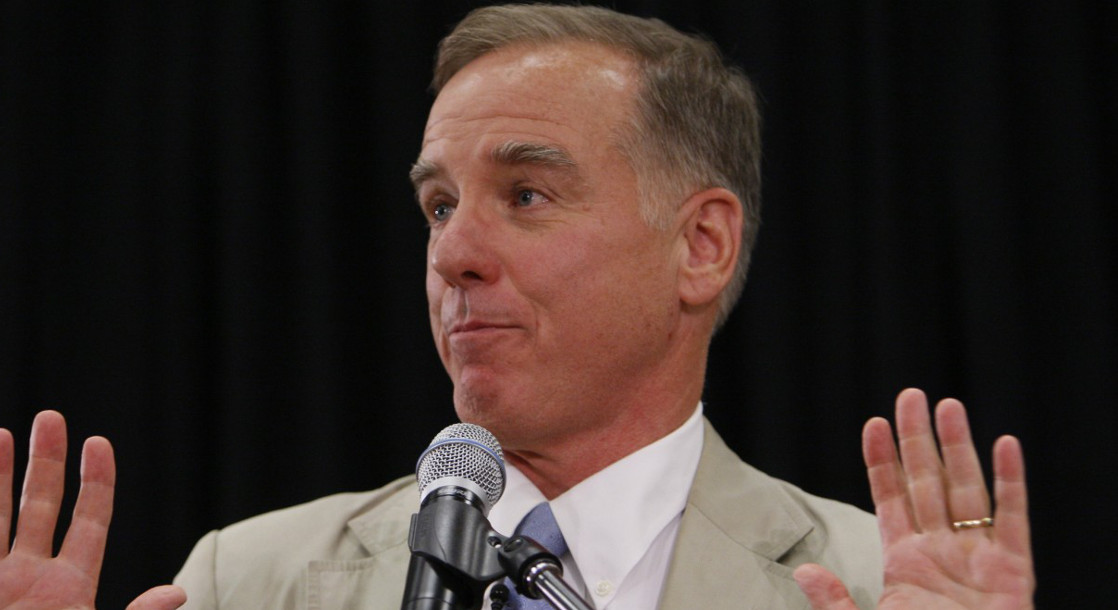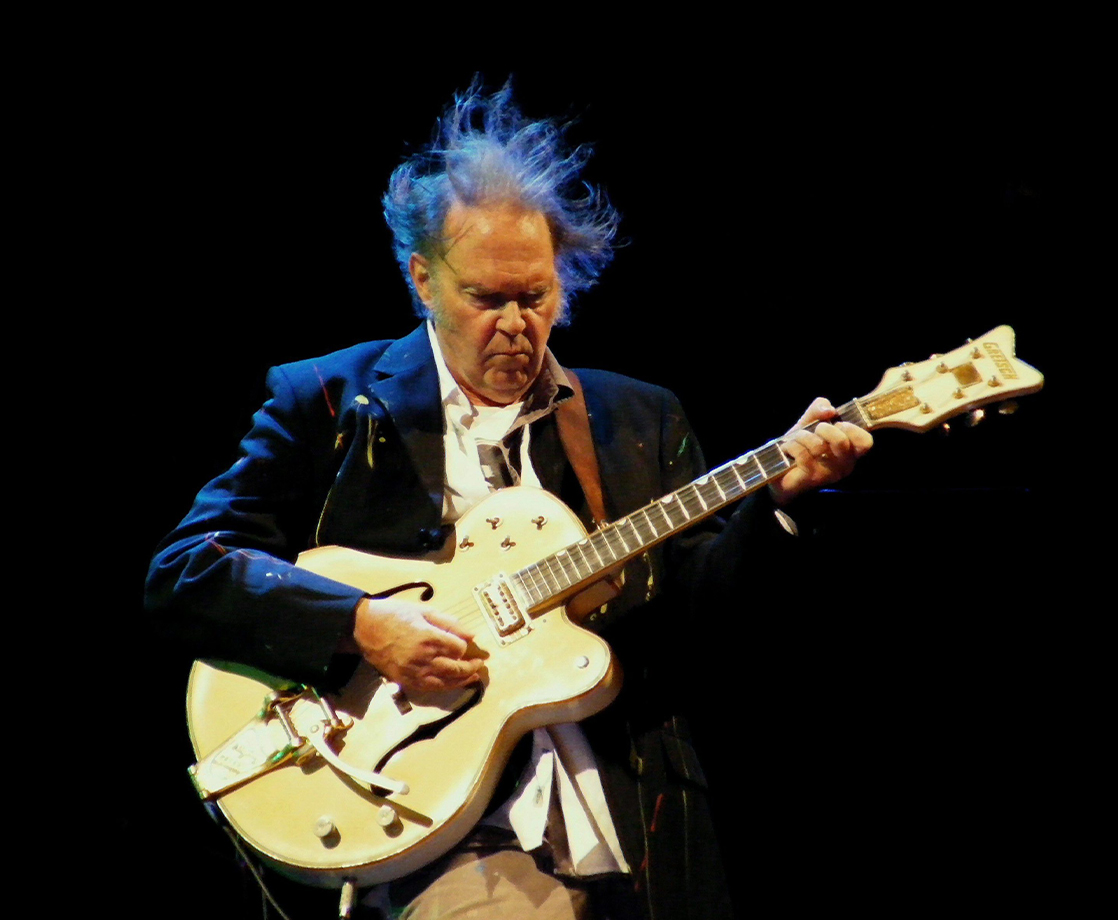Image via
Hemp-derived delta-8-THC products are completely legal under federal law, according to a federal appeals court.
The court’s decision reaffirms the fact that Congress legalized delta-8 THC and other psychoactive hemp-derived cannabinoids, even if they did not intend to do so. According to the 2018 Farm Bill, all cannabis plants and cannabinoids are federally legal as long as they contain less than 0.3 percent delta-9 THC – the psychoactive compound responsible for the intoxicating effects of marijuana.
At the time, Congress was confident that this law would allow the production of CBD and industrial hemp products, while blocking the production of psychoactive cannabis products. Crafty cannabis scientists soon devised a way to create delta-8 and other intoxicating forms of THC from legal hemp plants, though, and companies soon began selling these products all across the US.
Many states have now banned delta-8, delta-10, and related kinds of THC. Proponents of these bans have argued that these products are technically prohibited because Congress clearly did not intend to legalize intoxicating forms of THC. Hemp producers in Texas and several other states are now suing their local governments over these bans, arguing that their products are federally legal.
And according to the Ninth US Circuit Court of Appeals, the hemp companies are correct. In their latest ruling, the court has acknowledged that the 2018 Farm Bill does impose limits on delta-9 THC content, but “is silent with regard to delta-8 THC.” The 3-0 ruling confirms that delta-8 and other hemp-derived THC isomers are legal under the letter of the law, whether they are psychoactive or not.
“Regardless of the wisdom of legalizing Delta-8 THC products, this court will not substitute its own policy judgment for that of Congress,” said Judge D. Michael Fisher in the ruling.
Interestingly, this important ruling resulted from a trademark dispute, not an overall challenge to the legality of hemp-derived THC. The case in question resolved a dispute between AK Futures, a legal hemp company that produces delta-8 products, and Boyd Street Distro, a Los Angeles retailer. AK Futures accused Boyd Street of selling counterfeit versions of its products without its permission.
Attorneys for Boyd Street argued that the hemp company’s trademarks were invalid, because federal law does not allow businesses to file trademarks for illegal products. But a lower court ruled that AK Futures’ trademark is valid because delta-8 THC is legal under the 2018 Farm Bill. The appeals court has now upheld that decision, ruling that “AK Futures’ delta-8 THC products are lawful under the plain text of the Farm Act and may receive trademark protection.”
Late last year, a top DEA official also acknowledged that delta-8 and related cannabinoids are all technically legal under the Farm Bill. And although most states continue to ban these products, Louisiana recently announced plans to legalize and regulate them. Congress can still pass a new law to federally ban hemp-derived THC, though, and the FDA recently warned several popular hemp producers that they are breaking the law by making unsanctioned claims about the health benefits of their delta-8 products.











